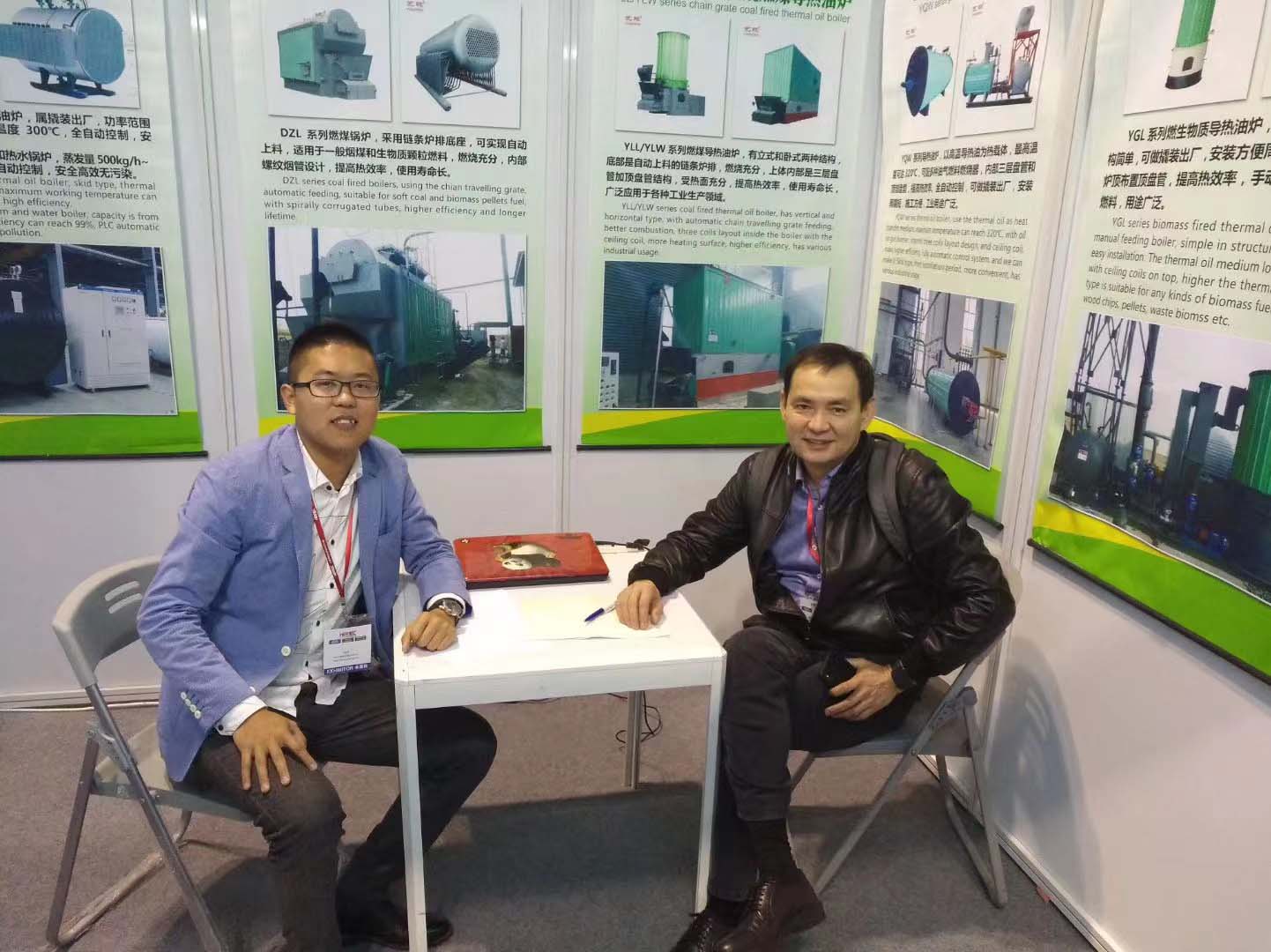Cost of Industrial Boiler Suppliers and Their Impact on Manufacturing Efficiency
Understanding Industrial Boiler Price Suppliers
The industrial boiler market plays a crucial role in various sectors, including manufacturing, energy generation, and chemical processing. These robust systems are essential for producing steam and heat required in numerous industrial processes. As the demand for energy-efficient and reliable boilers continues to rise, businesses are increasingly focused on understanding the pricing dynamics of industrial boiler suppliers.
What Influences Industrial Boiler Prices?
Several factors contribute to the pricing of industrial boilers, which is essential knowledge for any company considering a boiler purchase.
1. Type of Boiler The type of boiler significantly affects its price. There are various types of industrial boilers, including fire-tube, water-tube, and electric boilers. Each type has unique features, benefits, and price points. Fire-tube boilers tend to be less expensive upfront but may have higher operating costs, while water-tube boilers are typically more costly but offer better efficiency and longevity.
2. Size and Capacity The required size and capacity of a boiler directly impact its price. Larger boilers capable of producing higher volumes of steam or heat will typically cost more. Companies must accurately assess their needs to avoid overspending on unnecessary capacity.
3. Fuel Type The choice of fuel—natural gas, oil, coal, or biomass—can significantly influence boiler costs. Natural gas boilers are generally more affordable and efficient but may be impacted by fluctuating fuel prices. Biomass boilers, while often more expensive initially, can provide long-term savings and sustainability benefits.
4. Efficiency Ratings Energy efficiency has become a key consideration for many businesses. Boilers that offer higher efficiency ratings typically come with a higher price tag. However, investing in an energy-efficient boiler can lead to significant savings on fuel costs and lower operational expenses over time.
5. Technology and Features Advanced technology features, such as automated controls, emissions management systems, and enhanced safety mechanisms, can increase the cost of a boiler. However, these features can also provide extensive benefits, including improved reliability, lower emissions, and greater ease of operation.
6. Brand Reputation Well-established brands with a reputation for quality and reliability often command higher prices. While these brands may come at a premium, they can offer peace of mind and assurance of performance, often making them a worthwhile investment.
industrial boiler price supplier

Choosing the Right Supplier
When it comes to selecting an industrial boiler price supplier, businesses should consider several key factors beyond just price
1. Reputation and Experience Suppliers with a long history in the industry often bring valuable expertise and reliability. It's essential to research potential suppliers and check customer reviews and testimonials.
2. After-Sales Support Understanding the level of after-sales support a supplier provides is crucial. This includes maintenance services, availability of spare parts, and customer service responsiveness.
3. Customization Options Different businesses have diverse needs, and a supplier that offers customizable boilers can provide tailored solutions that better fit specific operational requirements.
4. Warranty and Guarantees A solid warranty indicates the supplier's confidence in their product. Look for suppliers offering extended warranties and clear terms regarding coverage.
5. Compliance with Regulations Ensure that the supplier's products comply with local and international regulations regarding emissions and safety. This compliance is essential for both legal reasons and operational efficiency.
Conclusion
Investing in an industrial boiler is a critical decision that affects operational efficiency and costs. Understanding the intricacies of industrial boiler pricing and choosing the right supplier can have long-lasting impacts on a business's bottom line. By considering factors such as boiler type, fuel choice, efficiency, supplier reputation, and support services, companies can make informed decisions that align with their operational needs and budget constraints. As industries evolve and place emphasis on sustainability and efficiency, selecting the right industrial boiler and supplier becomes ever more crucial for success in today’s competitive landscape.
-
Advanced Electric Steam Boiler Manufacturers | GPT-4 Turbo AINewsAug.01,2025
-
Custom Steam Boilers Manufacturer | AI-Enhanced EfficiencyNewsJul.31,2025
-
Top Electric Steam Boiler Makers | AI-OptimizedNewsJul.31,2025
-
Top Electric Steam Boiler Manufacturers - High Efficiency SolutionsNewsJul.30,2025
-
Top Electric Steam Boiler Manufacturers – Efficient Industrial SolutionsNewsJul.29,2025
-
Top Electric Steam Boiler Manufacturers | Reliable Industrial SolutionsNewsJul.29,2025

